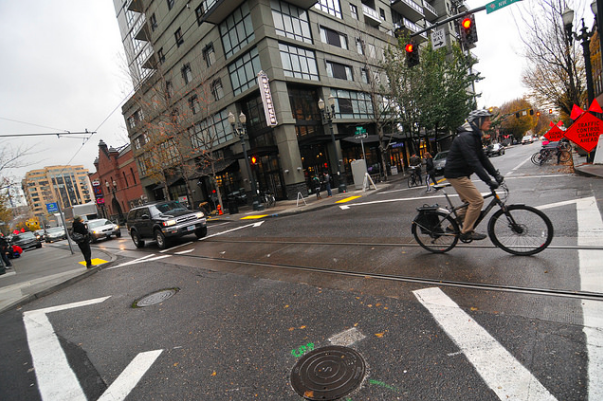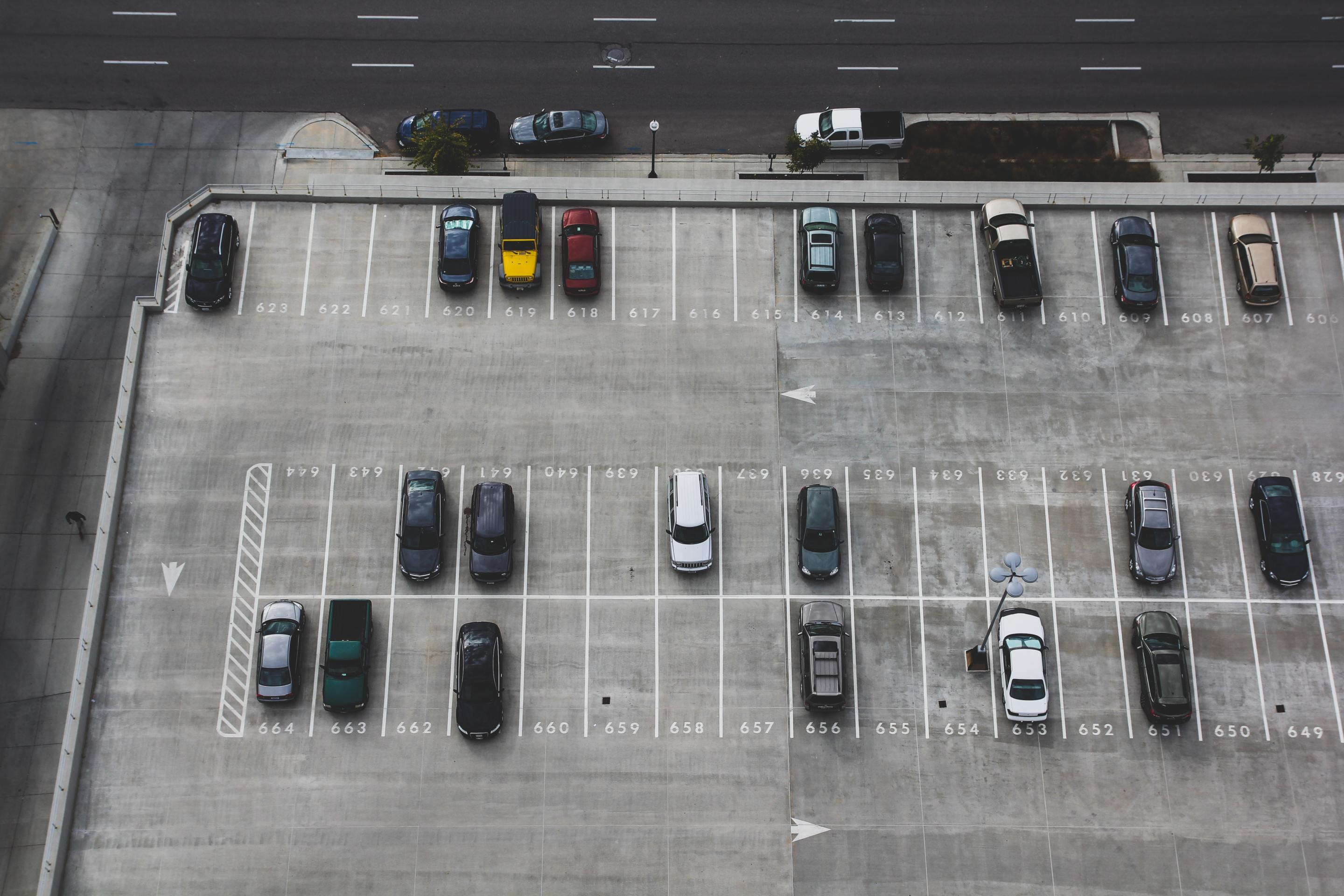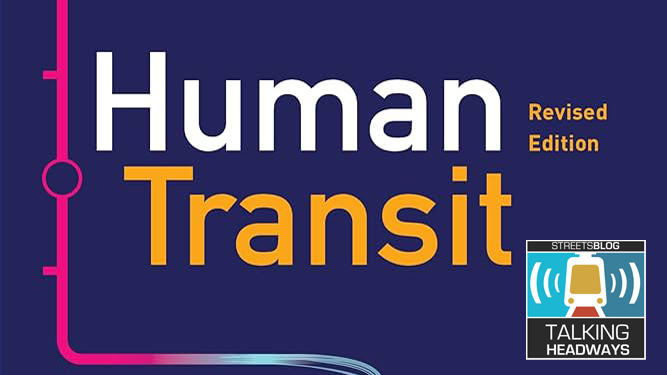All sorts of biases toward cars and driving are baked into traffic engineering conventions. By measuring things like car trips and motorist delay, these conventions favor parking lots and high-speed roads instead of safe streets for walking.
In a promising development, Portland is taking steps to correct some of these biases, Jonathan Maus at Bike Portland reports:
One of the ways the City of Portland pays for infrastructure is by charging developers a fee based on the impact their new building will have on the transportation system. These fees -- known as Transportation System Development Charges, or just TSDCs for short -- are based on a model that estimates how many trips a new development will generate.
There’s just one small problem: The methodology is centered almost exclusively around cars. The Portland Bureau of Transportation wants to change that.
The ordinance comes as PBOT is updating how they set the fees and what types of projects they should fund. At Council today PBOT’s Christine Leon said the new methodology would set the city on a course to use a person-first trip generation methodology as the basis of their [Transportation System Development Charges] program. She brought in noted Portland State University researcher Kelly Clifton. Clifton told Mayor Charlie Hales and city commissioners that the idea is to, “Put people at the center of our planning universe.” “People make trips,” she said, “Not just cars.”
Clifton also pointed out that the existing methods based on cars and suburban land-uses, “Have contributed to the marginalization of other modes.” “If you’re just planning for cars,” she said, “Than we’ll only have a system for cars. We need to have our methods be commensurate with our goals.”
The new methodology is an exciting step that could have implications for Portland transportation planning well beyond fees we charge developers. The idea of person trips is closely related to the road capacity concept known as “level of service." That methodology is very car-centric and has vast ramifications for infrastructure projects. If we begin to quantify road users as people doing a variety of things -- not just driving a car -- then we can start looking at a multi-modal level of service and begin planning for the city we want.
What we're also reading: Walkable West Palm Beach explains why pedestrian bridges are a bad solution to a dangerous crossing. Cyclelicious explores the psychology of a violent encounter between a driver and a pedestrian in Greenwich, Connecticut, and how the legal protections afforded to drivers put others at a disadvantage. And BikeWalkKC reports that Kansas City residents want the city to use its $800 million bond issue to construct and repair sidewalks.





